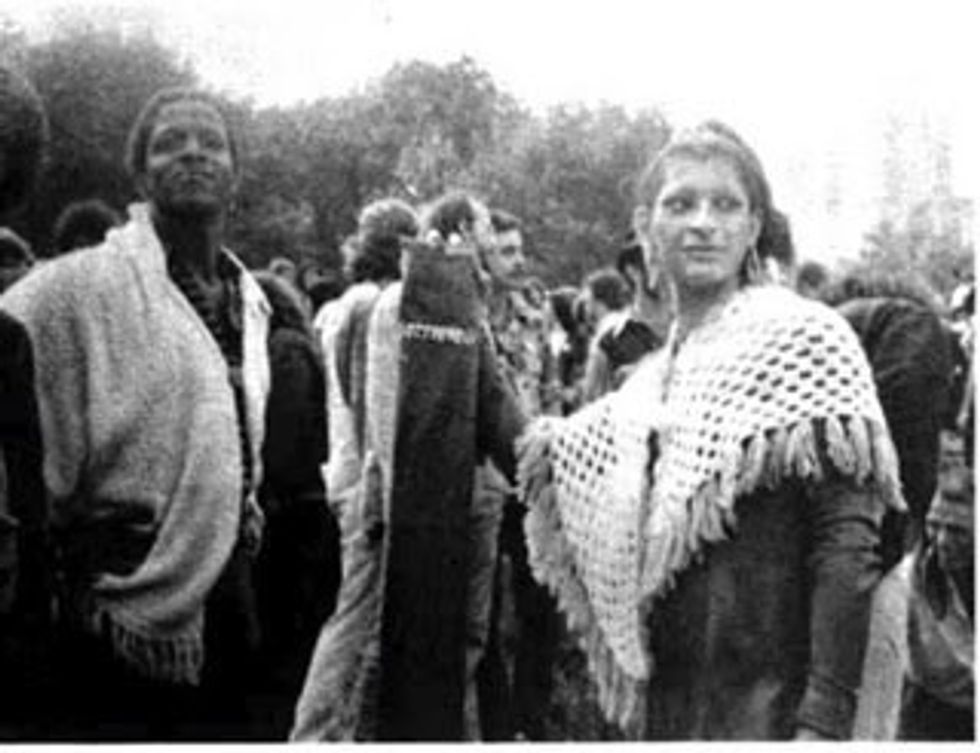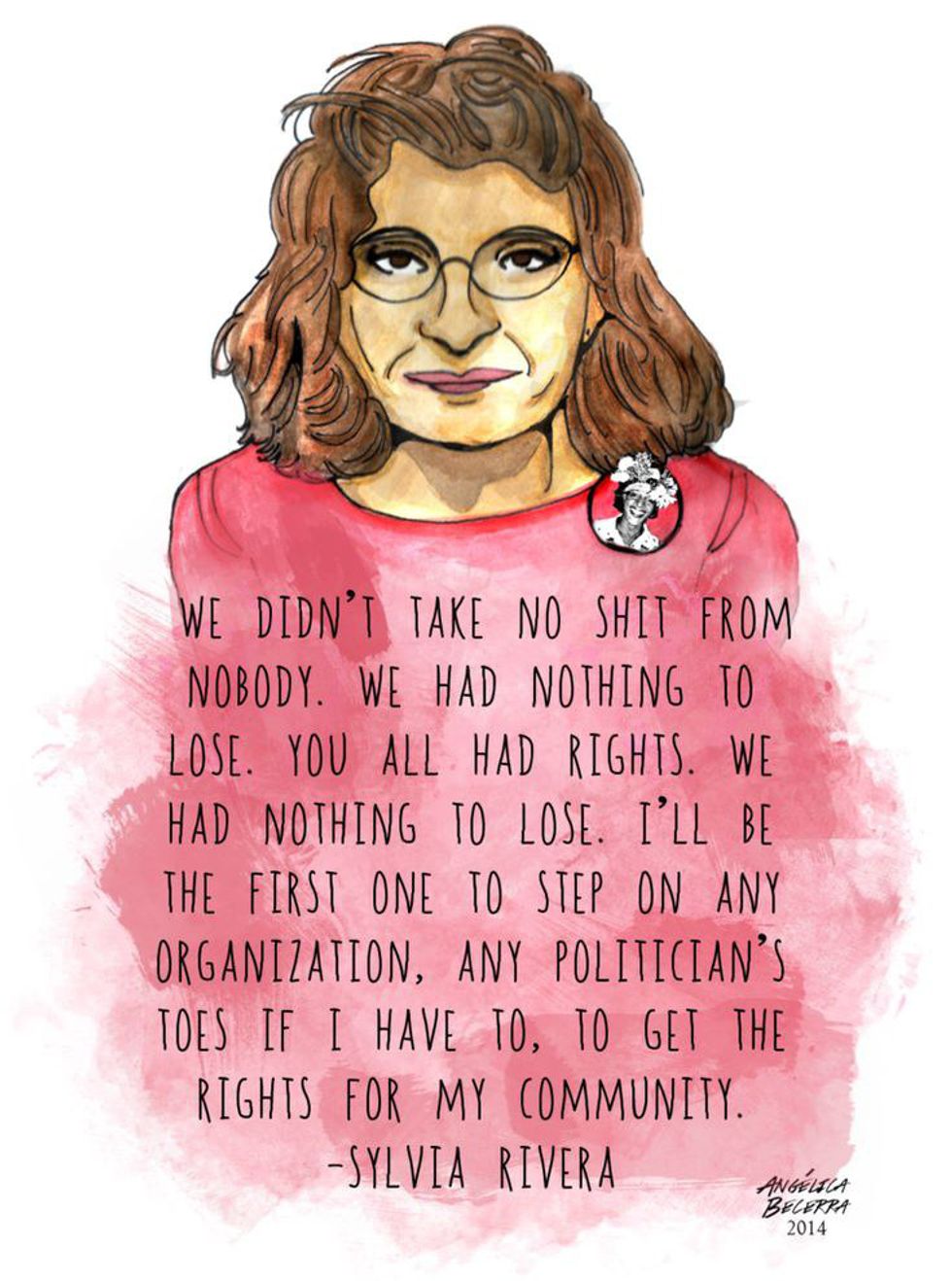In honor of pride month, as well as President Obama naming the Stonewall Inn the first LGBT monument, talking about Sylvia Rivera seems to be very appropriate.
This strong, powerful trans woman of color is the reason that we have pride parades as well as have safe spaces for those who identify as LGBT. Who is this woman, you ask? You might not know so much about her; the US tends to whitewash its history. This is why I have taken it to myself to make sure the world, especially young people, know about this amazing person.
Sylvia Rivera was born in July of 1951, and was of Puerto Rican and Venezuelan descent. Her life did not start out easy. Her father stepped out on her when she was very young, and her mother committed suicide.
While Rivera was coming to terms with who she was, her Grandmother did not approve. She then found herself, as many people like her, living in the streets at a very young age. She ended up having to work in prostitution.
She lived in New York City in the year of 1969 when the Stonewall riots broke out. If you know anything about this point in time, there was not a lot of safe space for those who identified with the LGBT community. The bars that did exists were run by the mob (Yes, you read that correctly) and they often took advantage of their marginalized state.
The police also harassed those who went to gay bars regularly. However, on that night in June of 1969, many like Rivera had grown tired of not being able to live safely, to be able to live freely.
It is said that Rivera, along with other "drag queens," started throwing bottles at police that night, causing a huge riot between the club goers and police.
Several demonstrations and marches followed after that night, and many saw the need to make safe spaces, including Rivera.
Rivera and Marsha P. Johnson started the program "STAR," or Street Transvestite Actions Revolutionaries. (Because language regarding disenfranchised groups of people can constantly change, it is now called Street Transgender Actions Revolutionaries.)
They focused on LGBT youth, but especially focused on trans people of color. They themselves often were homeless in their lifetime and did not want the same for others.
Rivera died in 2002 of liver cancer. While she lived only to the age of 50 years old, her legacy will last a lot longer than that. There is a law firm in New York that is named after her. The purpose of the Sylvia Rivera Law Project is to "Guarantee that all people are free to self-determine gender identity and expression, regardless of income or race, and without facing harassment, discrimination or violence."
Thanks to this powerful woman, many LGBT members have a lot more rights than when she was growing up. We have come a long way, but we still have a lot to go.























